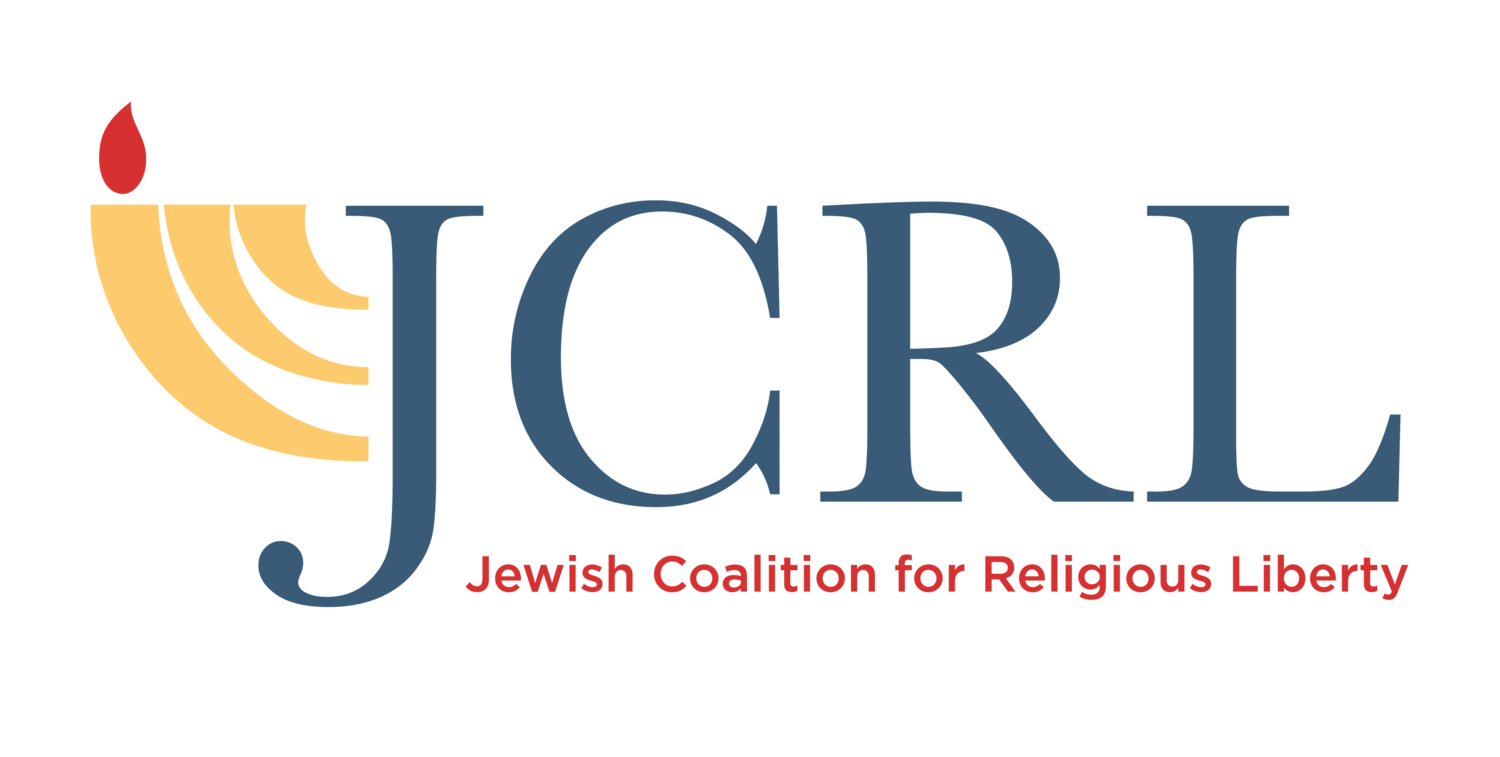The Jewish Press
May 30, 2019
By: Julie Borzage & Rabbi Mitchell Rocklin
New York Times Supreme Court reporter Linda Greenhouse recently wrote an op-ed in which she argues that recent anti-abortion laws are unconstitutional. According to her, they violate the Constitution’s First Amendment, which states, “Congress shall make no law respecting an establishment of religion, or prohibiting the free exercise thereof.”
This clause, she argues, is violated any time legislators appear to consider the opinions of a religious person, or cite their belief in G-d to explain their vote.
To judge the merits of her claim, let’s examine the Supreme Court’s interpretation of the First Amendment. In 1973, in Lemon v. Kurtzman, the Supreme Court established (pardon the pun) a three-prong test for determining whether a law “establishes” a religion. It does so, it stated, if it 1) lacks a secular purpose; 2) has the primary effect of advancing religion; or 3) results in excessive entanglement between the government and religion.
Let’s apply this test to a law restricting abortion. Does it lack a secular purpose? Of course not. There is nothing necessarily religious about protecting the lives of unborn children.
Does it have the primary effect of advancing religion? Hardly. Its primary effect is to prevent people from having abortions.
Read more here.
